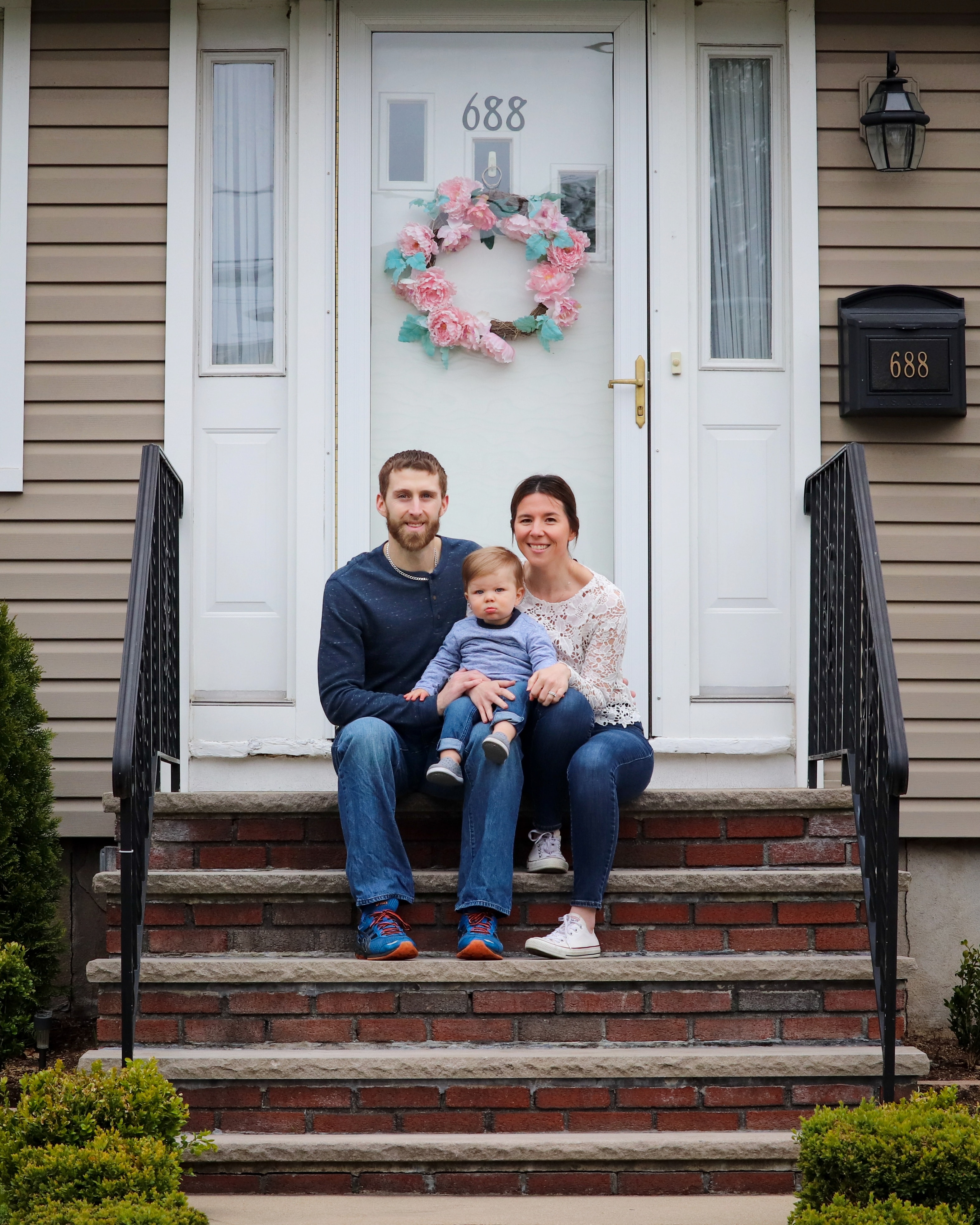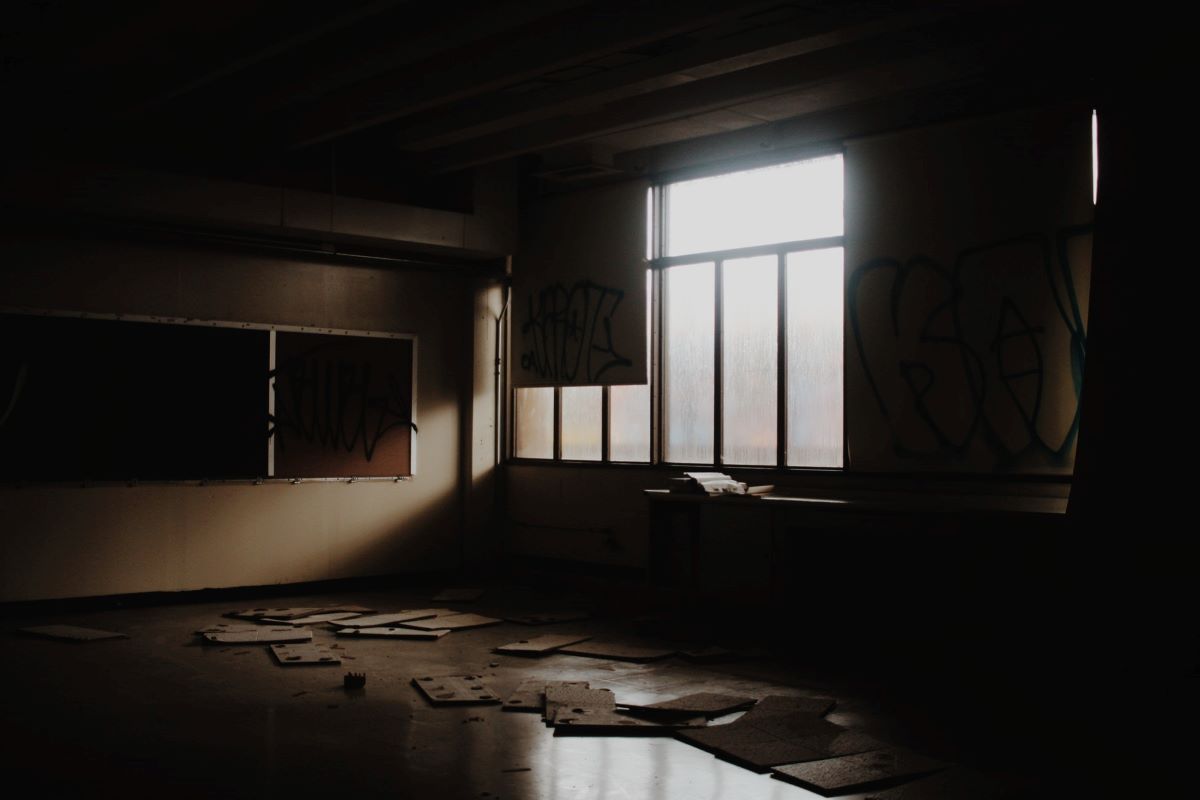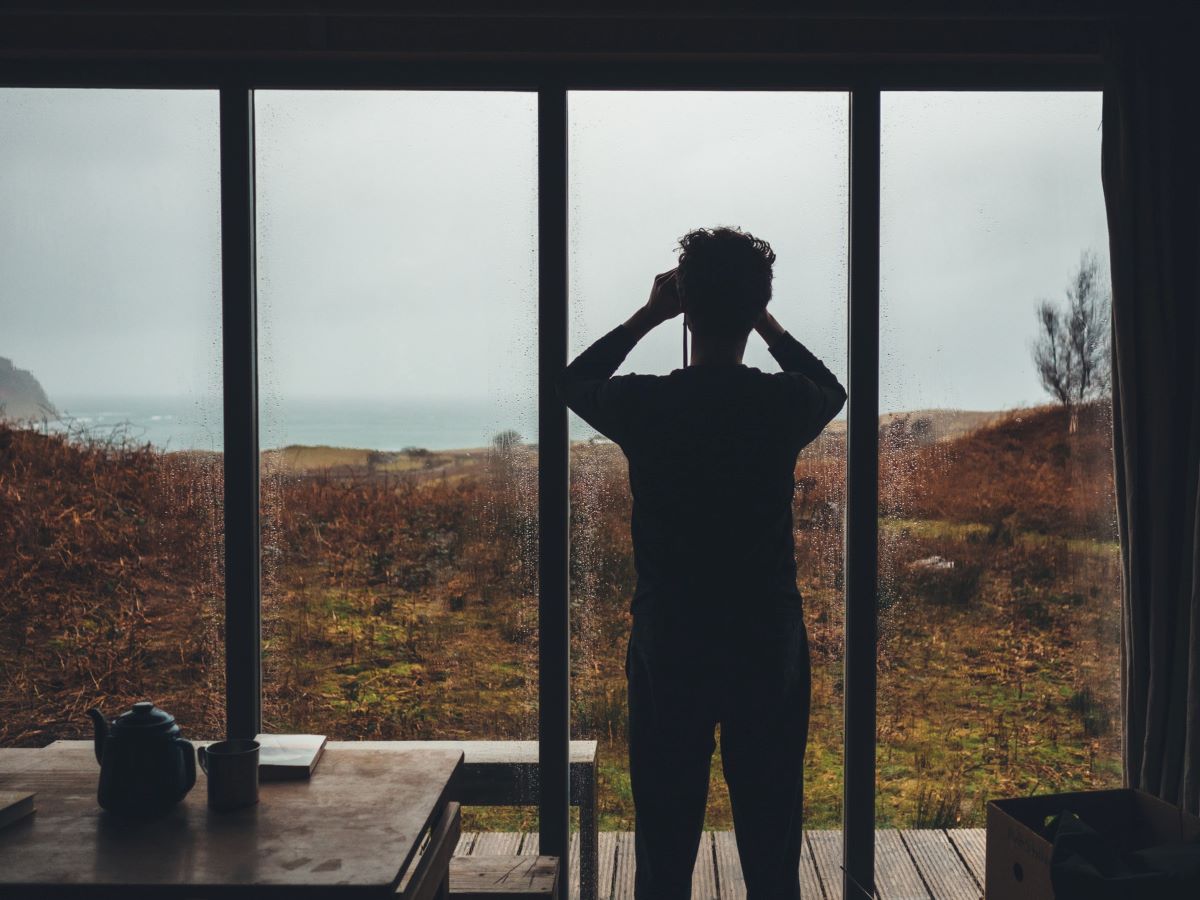Surprising Link Between Safety and Sleep Quality
Link Copied
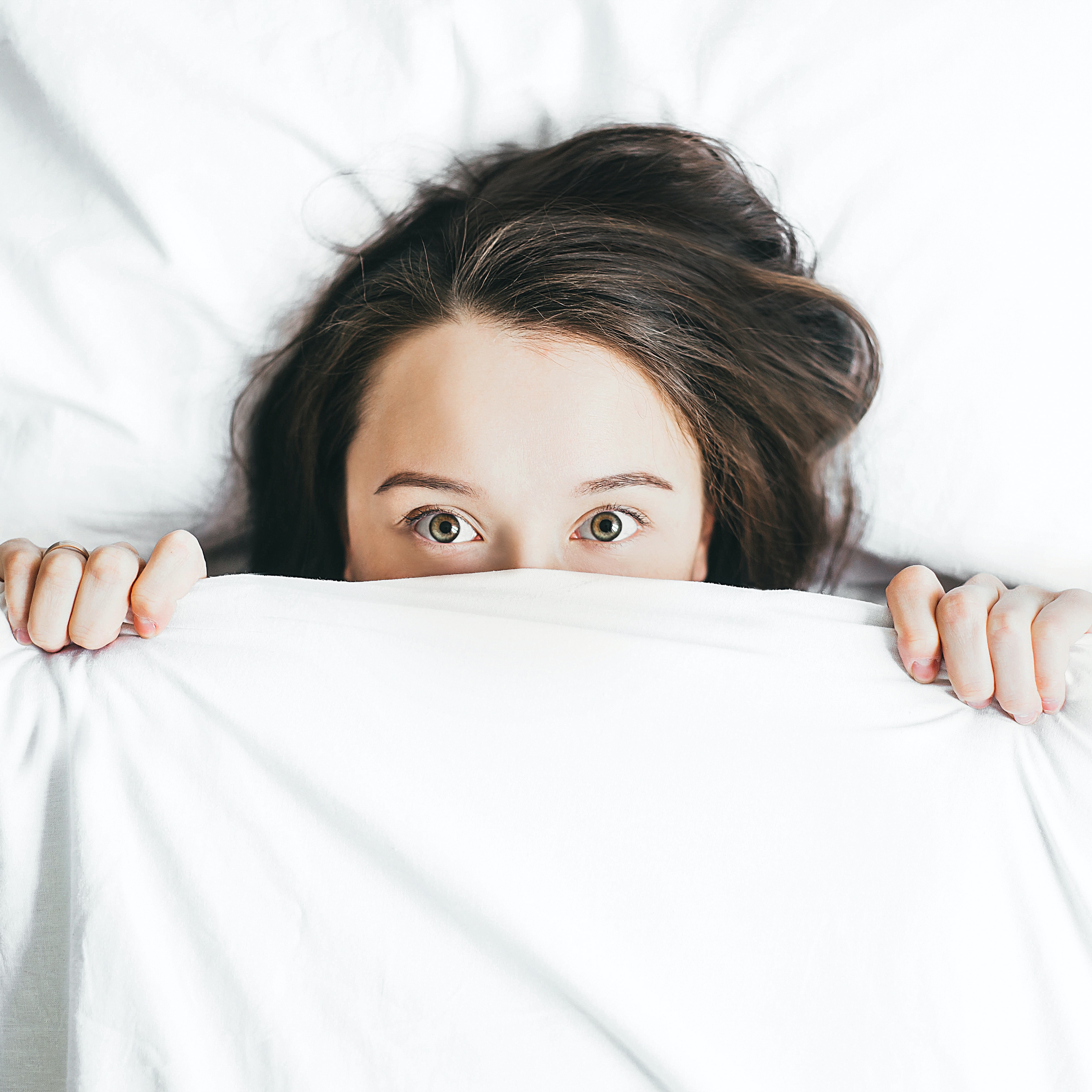
Sleep is important, especially when you’re not getting enough. Experts recommend the usual tricks to help people get more quality sleep: go to bed at the same time, get a better pillow, avoid caffeine late in the day, get some exercise, take sleep aids if needed, etc. We all know the drill.
But there’s one thing missing from that list that may surprise you, and it’s a big deal: safety.
Anyone who doesn’t feel safe knows how hard it can be to not only fall asleep but to stay asleep and get deep, restorative sleep. In this article, we’ll look at the surprising link between safety and sleep quality.
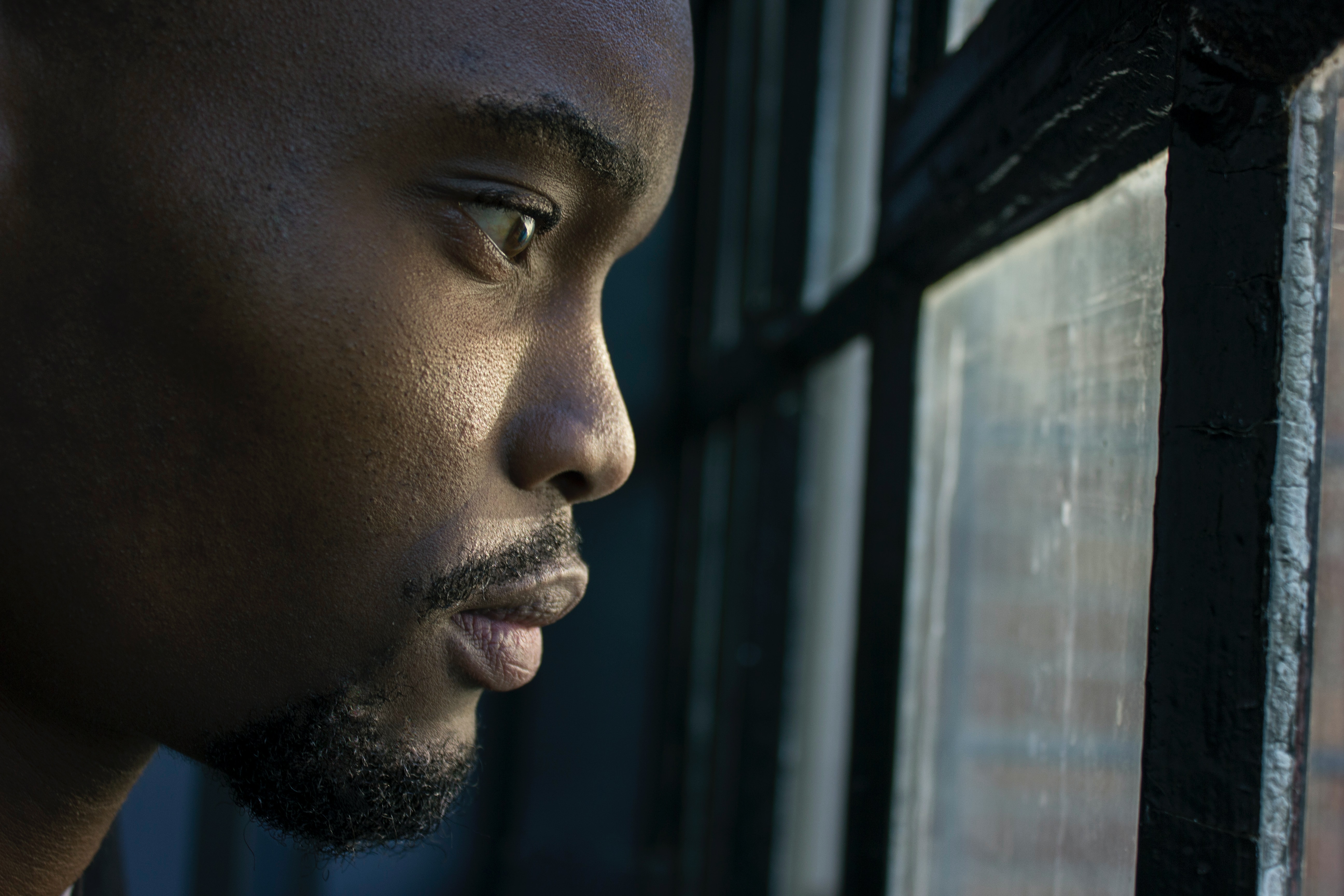
Root Causes of Insomnia
What is keeping people up at night? According to the Sleep Foundation, stress and mental disorders are at the top of the list when it comes to causes of sleep deprivation. The question is, what is causing the stress and mental disorders?
For many who experience stress, it’s coming from work, family, finances, etc., and maybe a combination of many things. For those with mental disorders, the cause can be more complicated. Some have mental disorders due to hereditary; or they can be caused by a number of other influences. Mental disorders all vary from person to person.
The question to ask anyone with stress or mental disorders who are battling insomnia: what is going through your head as you lay awake at night? Are you afraid of something?
Adjusting for model covariates, the odds of insufficient sleep among adolescents who feel unsafe both at school and in their neighborhood are 129% greater relative to adolescents who feel safe in both contexts.
In a study of middle-school and high-school students in Florida, the effect of safety on sleep was telling. Researchers found that adolescents who felt unsafe at school and in their neighborhood were 129% more likely to get insufficient sleep than those who felt safe.
In comparison, the odds of insufficient sleep among adolescents who feel unsafe only at school are 39% greater relative to adolescents who feel safe both at school and in their neighborhood, and the odds of insufficient sleep among adolescents who feel unsafe only in their neighborhood are 71% greater relative to adolescents who feel safe both at school and in their neighborhood.
Clearly, when someone doesn’t feel safe, it’s very hard to get good sleep.
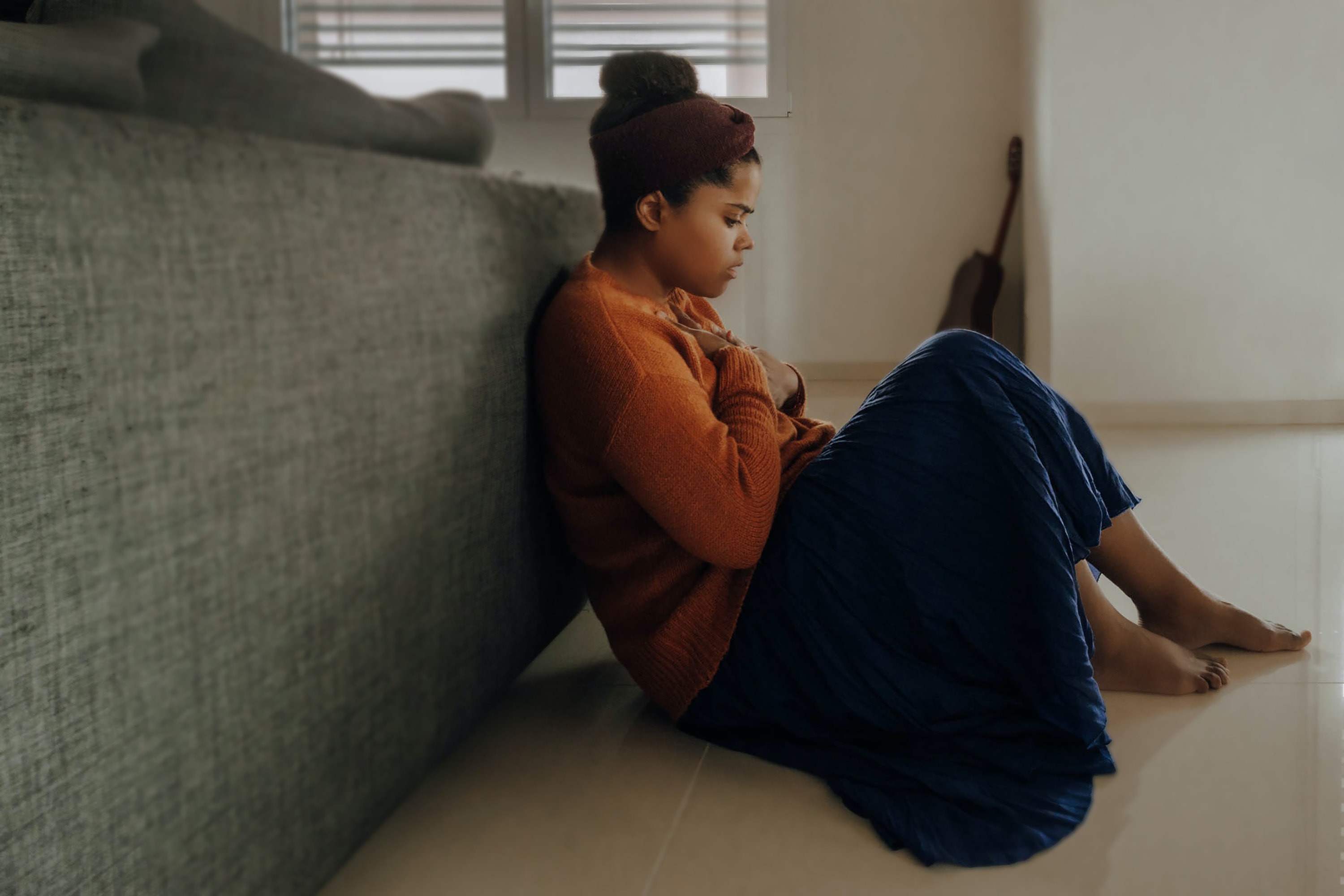
Perceived Threats vs. Real Threats
Let’s look at the hard numbers and compare them to how people feel. In reality, more than half of burglaries occur during the daytime (FBI statistics). So, why do we tend to feel less safe at night?
When the sun goes down and the sky is dark, it’s harder for people to see what’s going on. That alone can feel scary. Add nighttime rustling noises and unexplained motion setting off your yard lights, and the anxiety begins to build. An anxious mind has a hard time separating perceived threats vs. real threats.
Maybe you live in a crime-ridden area where many of your neighbors have experienced break-ins or other criminal activity. When there is crime happening near you, it tends to become more real in your mind as it is statistically more likely to happen in your area.
Anyone who has experienced real threats–maybe they’ve even experienced a break-in at night before–will have a hard time going to sleep at night. In that case, we recommend reading our article, Therapist: 4 Tips for Feeling Safe After a Break-In.
A Latin American study looked at the impact of home safety on sleep. Here’s what they found: Feeling unsafe in one's home was strongly associated with poorer sleep quality and with short sleep duration. This was especially true particularly among women, the study explained.
NOTE: If you don’t feel safe in your home due to someone harming you, call the National Domestic Violence Hotline immediately at 800-799-7233.
No matter whether there is a real or perceived threat, the resulting anxiety can make it hard for you to feel safe and ultimately get the good quality sleep you need. The lack of sleep can cause your anxiety to skyrocket, creating a vicious cycle of sleep deprivation.
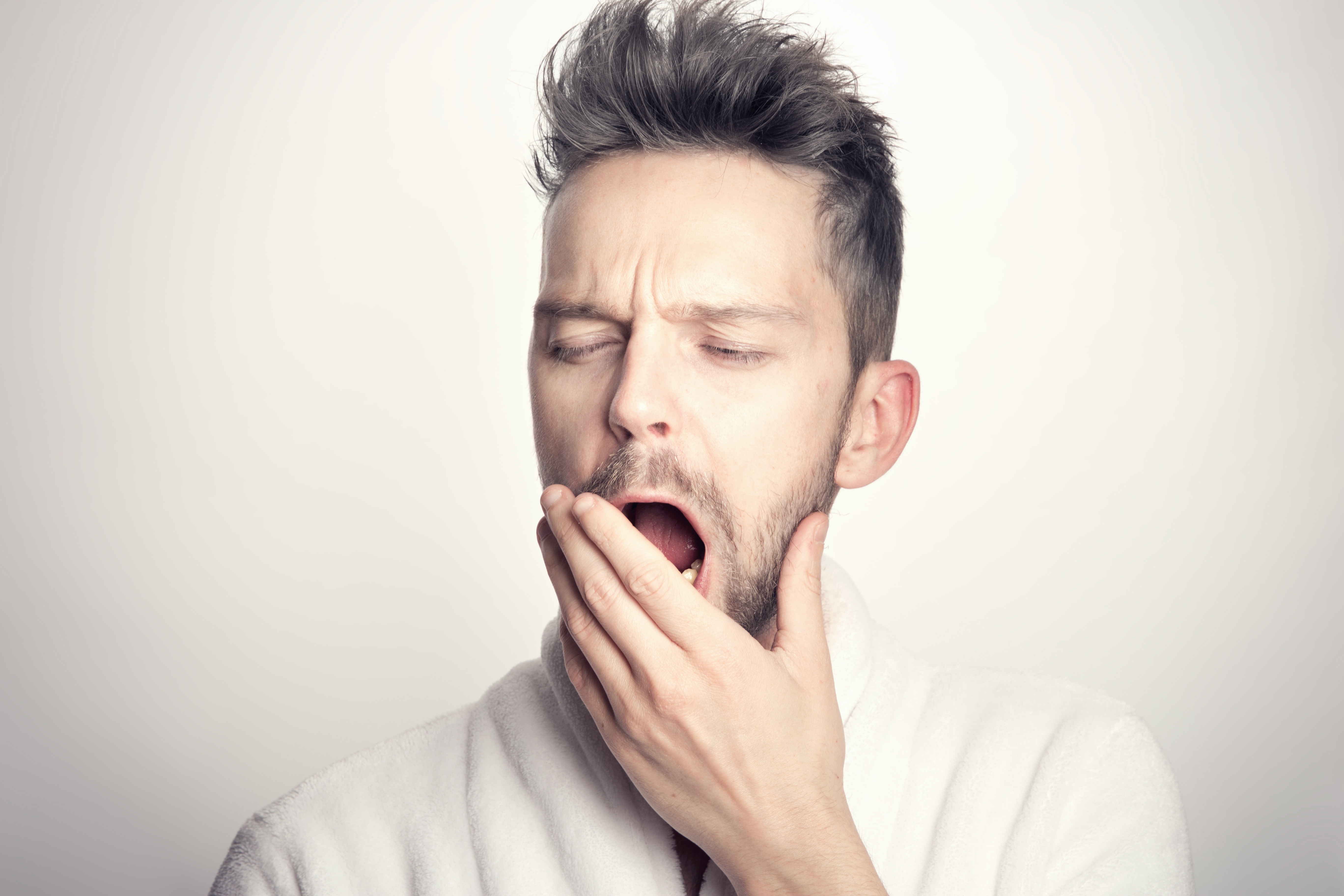
Science Behind Feeling Safe
According to the research of Joseph Kockelmans, a former professor from Pennsylvania State University, feeling safe is important to falling asleep because in order to fall asleep, your body must know that you are protected.
When you feel safe, your body lowers the amount of cortisol, the stress hormone. The result is lower stress and anxiety. Your body relaxes all over, including lowering your heart rate. Your mind will also become more calm. When we are not preoccupied with potential threats, our minds can unwind more easily.
In this more relaxed state, our bodies are more ready to not only fall asleep more easily, but stay asleep. We won’t startle awake as easily, and our bodies allow us to sleep more deeply and experience better rapid eye movement (REM) sleep, and stay asleep all night long.
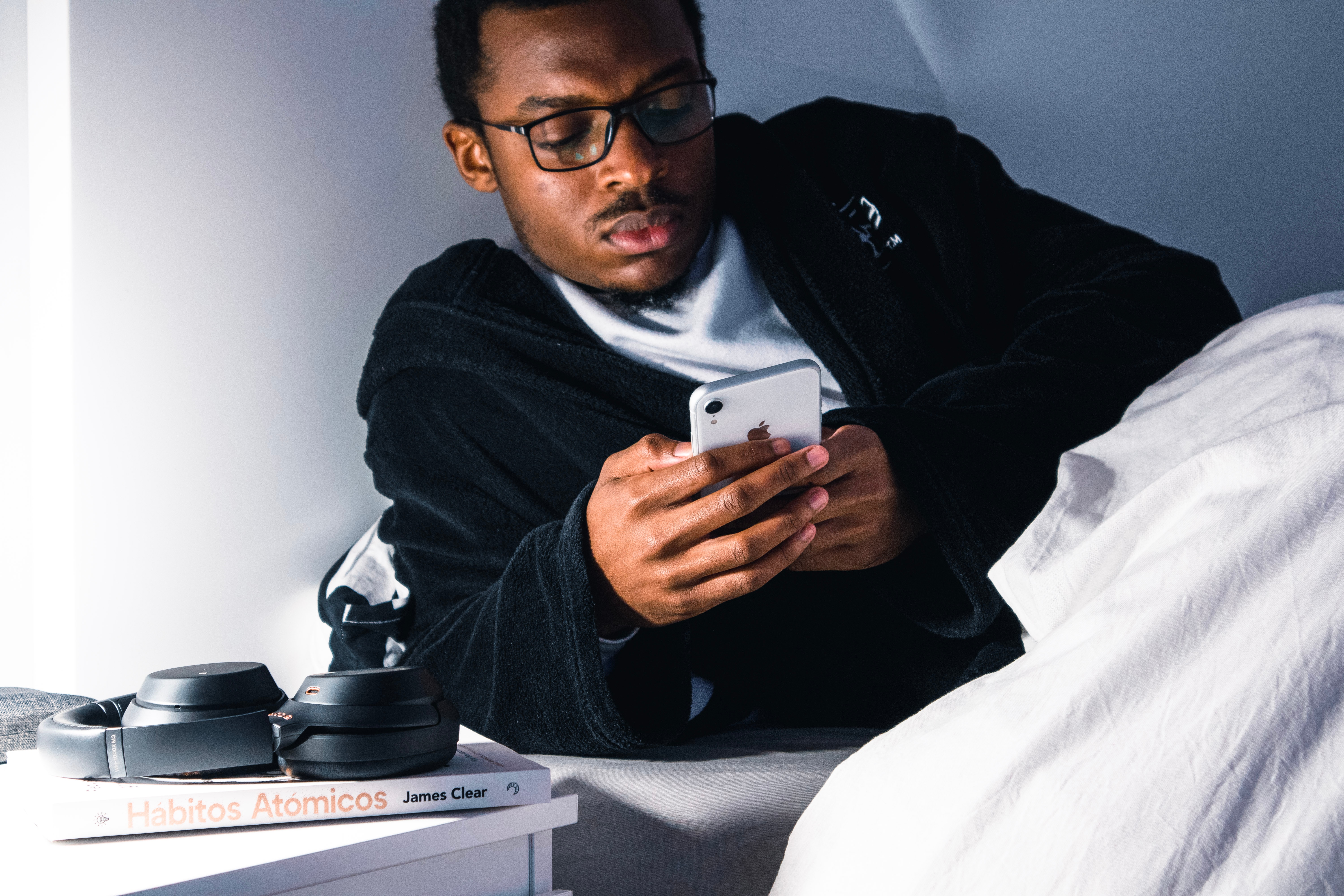
Creating a Safe Sleep Haven
To get a better night’s sleep, here are a few tips to create a safe sleep environment so you can more easily relax and allow your body to get the sleep it needs.
Home Security: Invest in security systems, motion-activated lights, and sturdy locks to ensure your home is well protected. A secure home environment fosters a sense of ease that promotes quality sleep. Cove gives customers peace of mind knowing that a professional monitoring team is ready to respond to anything sensed by security cameras and sensors.
Digital Detox: Establish a digital detox routine before bedtime. The blue light emitted by screens can disrupt the production of melatonin, the sleep-inducing hormone. Plus, watching or reading negative or scary stories or news can make your mind whirl.
Mindfulness and Relaxation: Practice relaxation techniques such as deep breathing, meditation, or gentle stretching before sleep. These practices can alleviate anxiety and help your mind transition to a more serene state conducive to sleep.
Therapy: Talking about your fears with a therapist can be a helpful way to put your fears into perspective and hopefully help alleviate the anxiety and stress you feel about them.
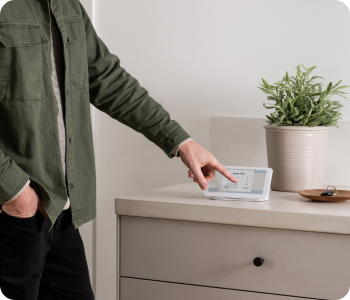
In the pursuit of better sleep quality, it's essential to recognize the impact that safety has on our overall well-being. Prioritizing safety measures not only reduces stress and anxiety but also creates an environment where our bodies and minds can truly relax.
By fostering a sense of security in both our physical surroundings and our daily routines, we pave the way for restful nights and energized days. Remember, a safe haven isn't just a place—it's a state of mind that nurtures peaceful slumber.
Ready to get started?
Take this short quiz to build your customized system today!
Takes less than a minute
